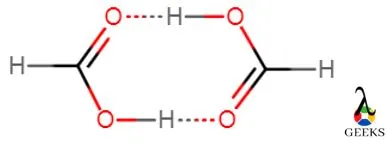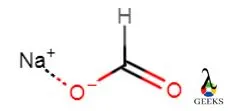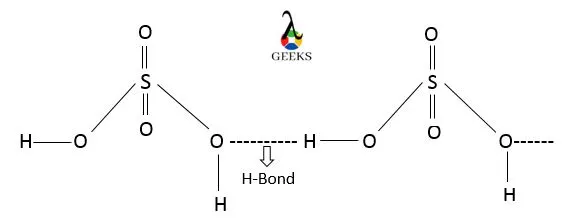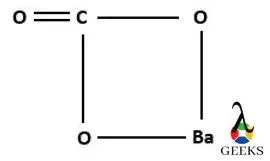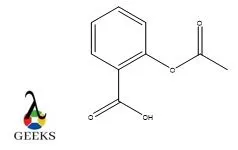15 Facts on H2SO4 + HCOOH: What, How To Balance & FAQs
Sulfuric acid is a powerful mineral acid that reacts with Formic acid, a weak acid. Let us study how their reaction proceeds, along with other aspects of this reaction. Sulfuric acid, a hygroscopic chemical, reacts with formic acid to give a dehydration reaction. H2SO4 often known as oil of vitriol, is an odorless, water-soluble, viscous liquid that functions as … Read more
